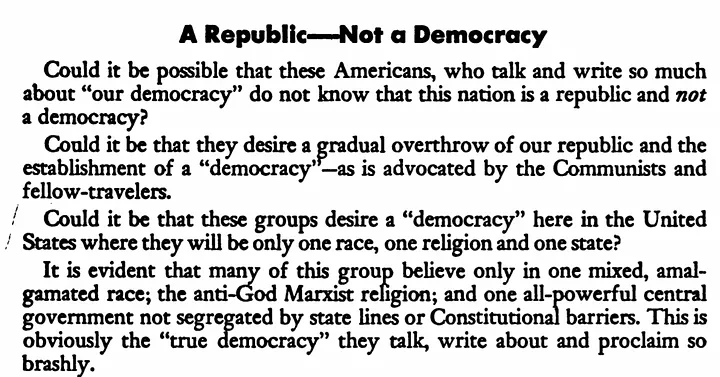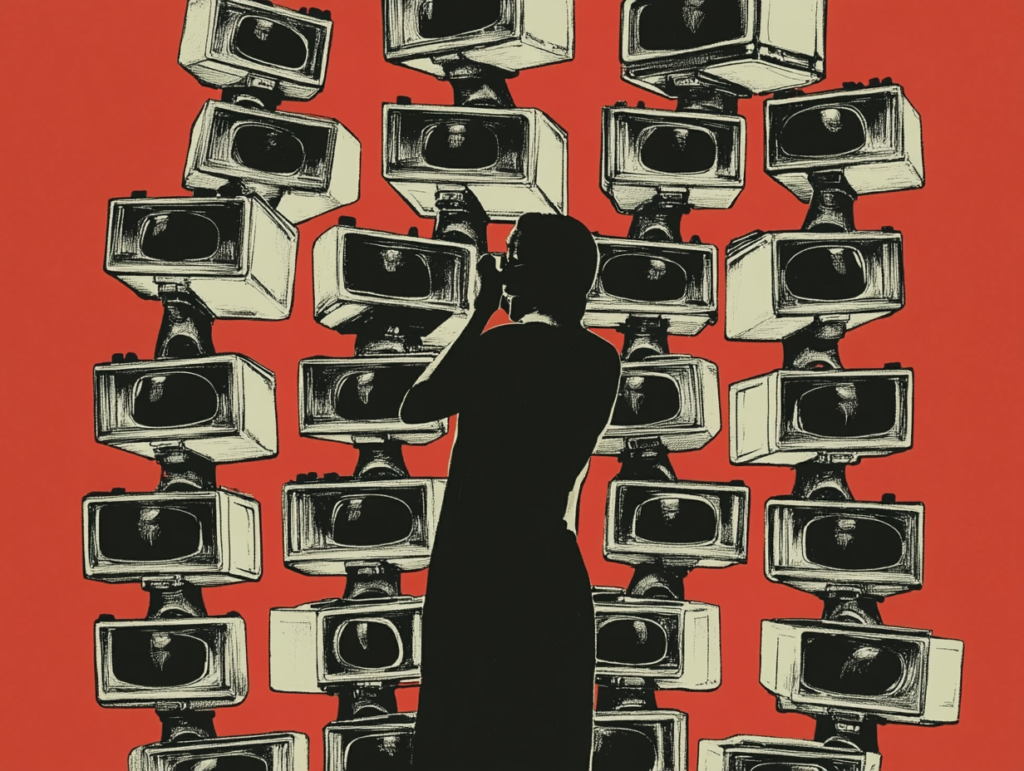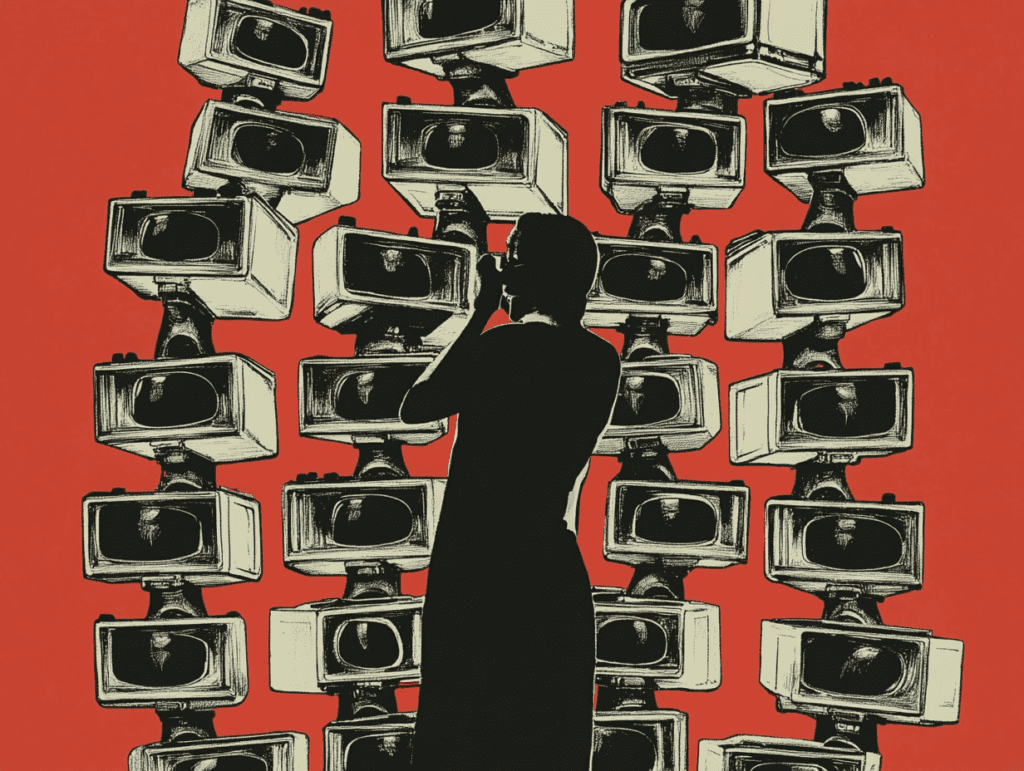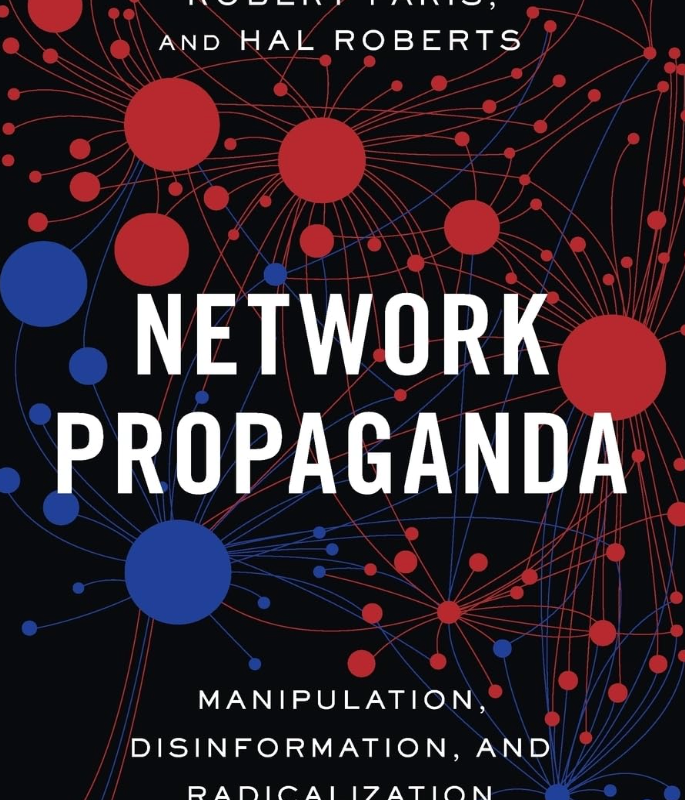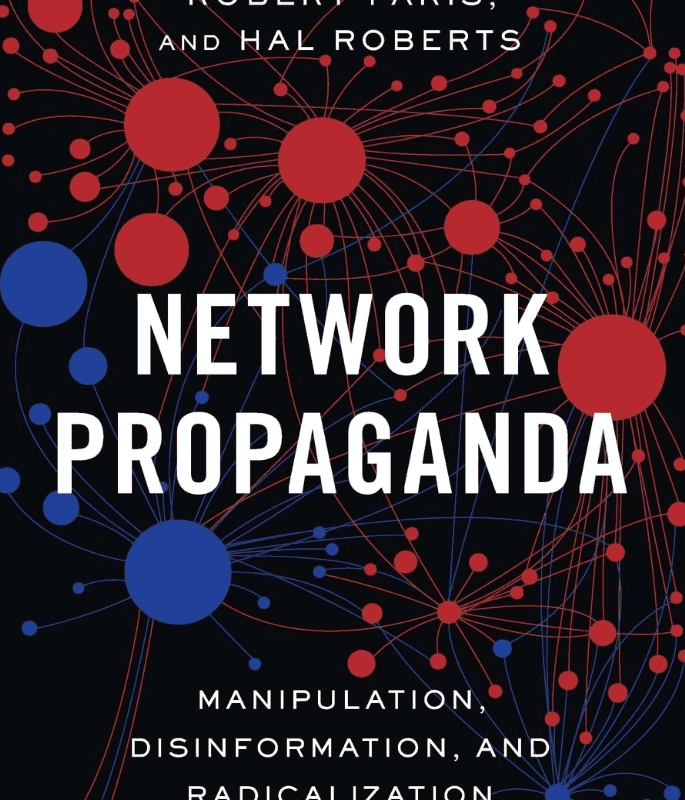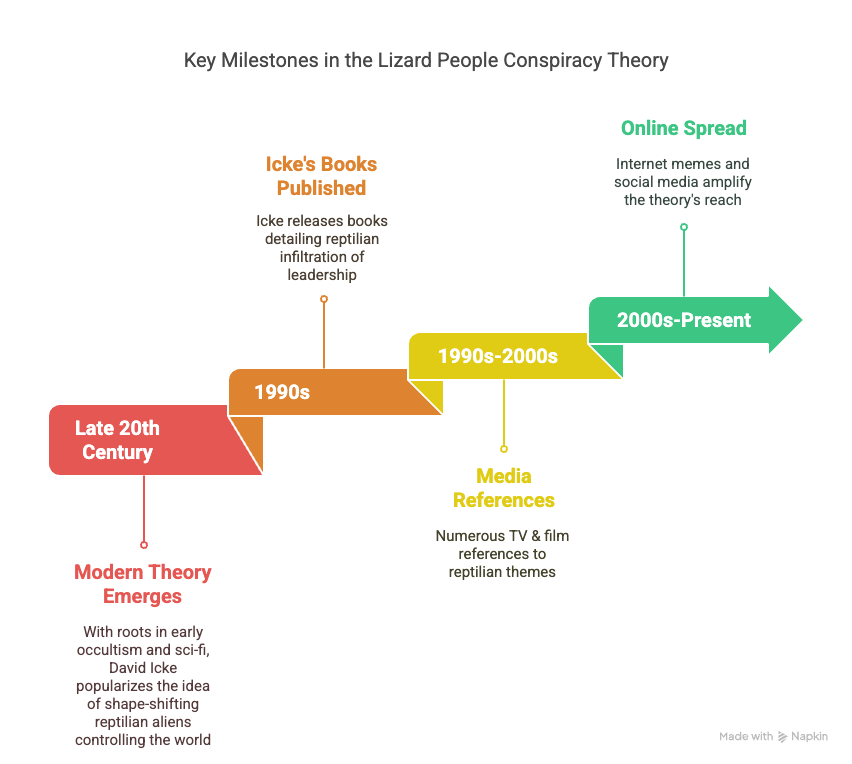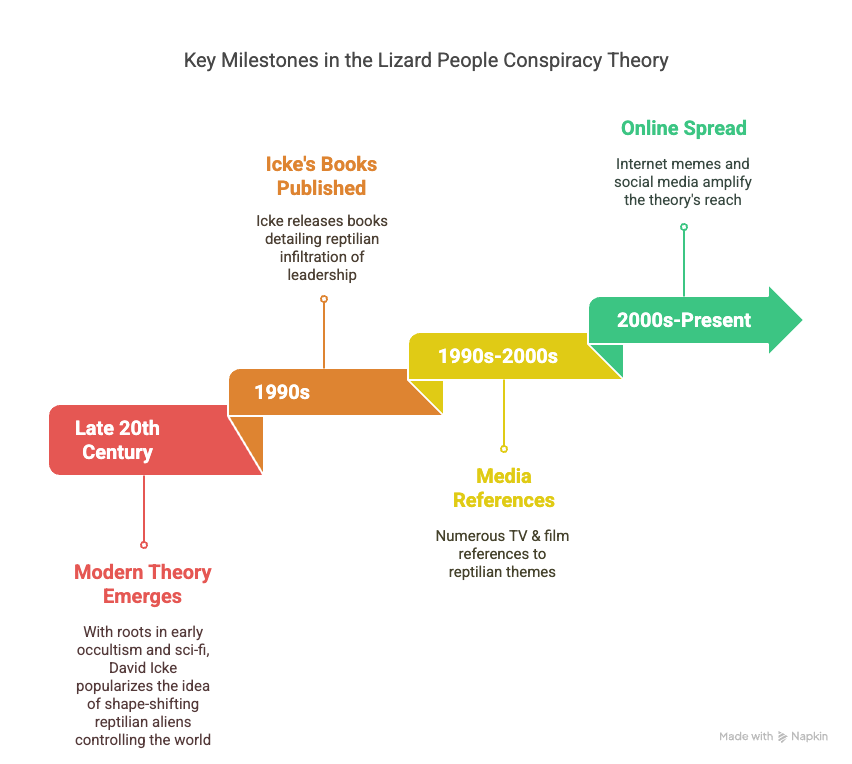What Is Totalitarianism? A Comprehensive Guide
In today’s complex geopolitical landscape, understanding different systems of governance is crucial for making sense of world events. Among these systems, totalitarianism stands out as one of the most extreme forms of government control. What exactly is totalitarianism, how does it function, and what can history teach us about its impacts — and how to fight back against its oppressive aims?
Defining Totalitarianism
Totalitarianism is a form of government and political system that attempts to assert total control over the lives of its citizens. It shares similarities with both fascism and authoritarianism, but unlike other authoritarian regimes, totalitarian states seek to subordinate all aspects of individual life to the authority of the state. The term itself suggests the extreme “total” nature of this control—extending beyond purely political spheres into social, economic, cultural, and even private dimensions of human existence.
What distinguishes totalitarianism from other forms of authoritarianism is its ambition to erase the line between government and society entirely. Under totalitarianism, there is no concept of a private life outside the reach of state authority.
Key Characteristics of Totalitarian Regimes
1. Complete State Control of Society
Totalitarian states attempt to control virtually every aspect of social life:
- Business and Economy: State-directed economic policies, often involving nationalization or collectivization of industries and resources
- Labor: Control over labor unions, work assignments, and employment opportunities
- Housing: Allocation and control of housing and living arrangements
- Education: Strict control of curriculum and educational institutions to indoctrinate youth
- Religion: Suppression or co-option of religious institutions
- The Arts: Censorship and direction of artistic expression to serve state purposes
- Personal Life: Intrusion into family relationships, leisure activities, and personal decisions
- Youth Organizations: Creation of state-sponsored youth groups to foster loyalty from an early age
2. Dynamic Leader
Totalitarian systems typically center around a charismatic, authoritarian leader who:
- Serves as the unifying symbol of the government
- Builds a personality cult around themselves
- Claims to embody the will of the people or nation
- Encourages popular support through a combination of charisma and coercion
- Is often portrayed as infallible or possessing extraordinary abilities

